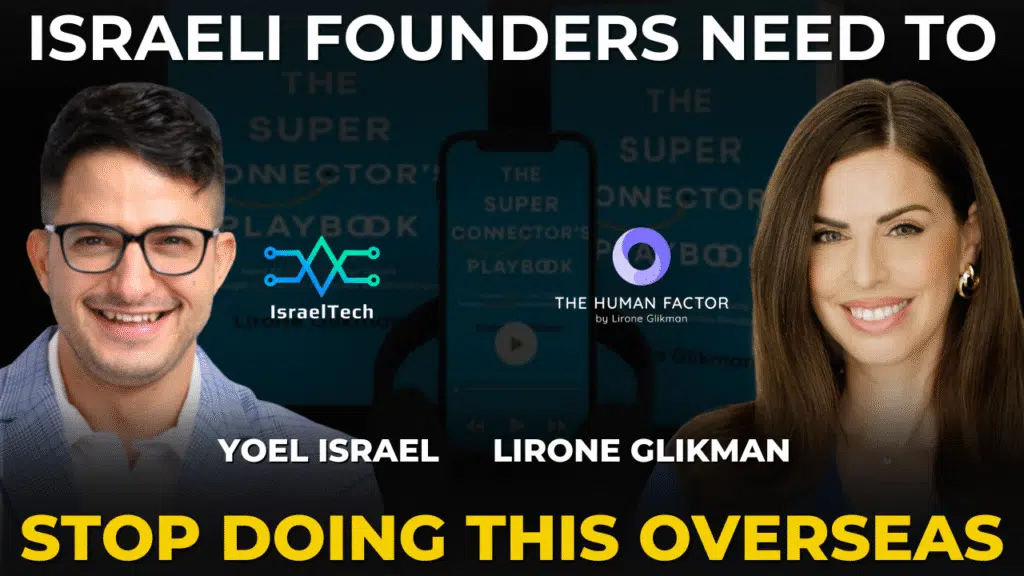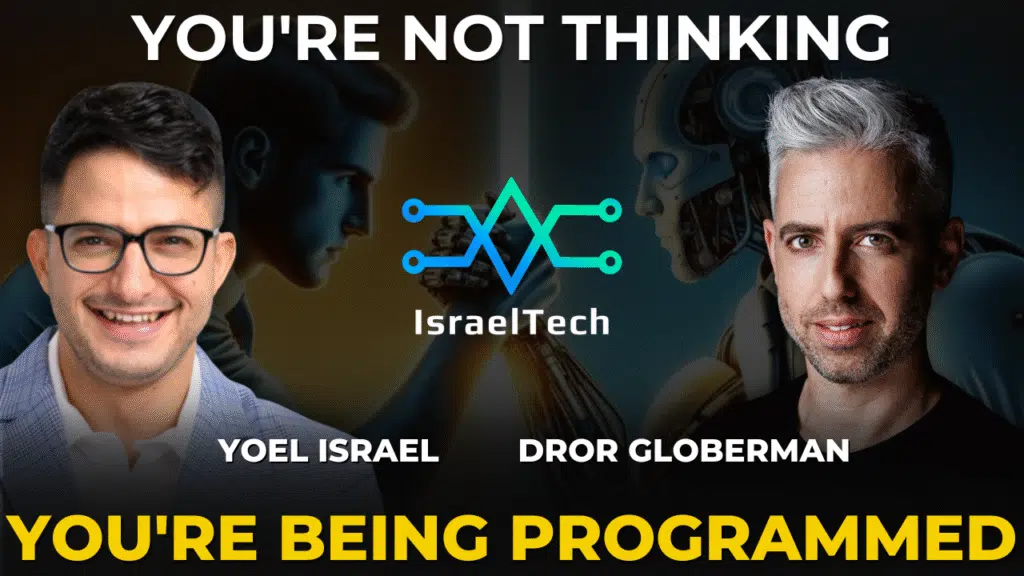In this enlightening episode of IsraelTech, we delve into the intersection of ultra-Orthodox Jewish culture and the rapidly evolving tech industry in Israel. Guided by our host, Yoel Israel, we explored the promising, yet challenging, journey of integrating the Haredi community into the tech sector. Our special guest, Yitzik Crombie—an author, founder, and CEO of Mego—shares his mission, experiences, and the significant strides being made to make this vision a reality.
Yitzik Crombie: A Visionary Connecting Worlds
Yitzik Crombie is not just a tech entrepreneur. He is a bridge-builder between two worlds that often seem poles apart. Crombie’s vision is clear: to help the Haredi community, traditionally insulated from mainstream Israeli society, successfully integrate into the tech industry. Through his efforts with Mego, he works tirelessly to break down barriers and create opportunities that benefit both the Haredi community and the broader Israeli economy.
The Genesis of Mego
Founded by Crombie, Mego is an innovative organization that assists Haredi individuals in gaining access to the tech industry. The core mission of Mego is to address the educational and skills gaps within the Haredi community, providing specialized training programs tailored to their unique needs and values. Mego’s programs start with intensive courses in English and math, followed by comprehensive training in computer science and tech-related disciplines. This structured approach ensures that participants are not only equipped with technical skills but also with the confidence to thrive in a modern workplace.
Breaking Cultural and Educational Barriers
One of the most profound challenges highlighted by Crombie is the educational gap between Haredim and their secular counterparts. Haredim often begin their tech education later in life, typically around the age of 22. Furthermore, they lack foundational skills in English and mathematics, which are crucial for success in the tech industry. Mego tackles this by offering a rigorous curriculum aimed at bridging these gaps. The programs last for 14 months, with a significant focus on English language proficiency – a critical skill often lacking in the Haredi community.
Addressing Misconceptions and Building Trust
Crombie emphasizes that the tech industry’s reluctance to hire Haredim is often due to misconceptions about their capabilities and adaptability. Many employers are unaware of the immense potential and dedication that Haredi employees bring to the table. Mego works to educate both potential employers and the Haredi participants, fostering an environment of mutual understanding and respect.
“We take juniors, train them intensively, and introduce them to companies,” says Crombie. “Initially, there’s hesitation, but once companies see the potential, they’re amazed at the results.”
Integration Without Assimilation
A significant concern within the Haredi community is the fear that integrating into the secular workforce could lead to cultural assimilation. Crombie assures that Mego’s programs are designed to preserve the cultural and religious values of Haredi participants. This commitment is evident in every aspect of Mego’s operations—from separate training programs for men and women to ensuring all activities respect Haredi customs and norms.
“We show the community that they can remain 100% Haredi while working in the tech industry,” Crombie explains. His approach has garnered trust from both the Haredi community and its religious leaders, a crucial factor in the program’s success.
Bizmax: A Professional Haven for Haredim
In addition to Mego, Crombie founded Bizmax, a co-working space and innovation center located in Jerusalem. Bizmax provides a professional environment tailored specifically to the needs of Haredi men. It’s a place where they can work, network, and develop their careers without compromising their religious lifestyle. The success of Bizmax lies in its ability to offer a high-quality, professional setting that aligns with the unique cultural expectations of the Haredi community.
Moving Forward: Challenges and Opportunities
Crombie acknowledges that while significant progress has been made, there are still numerous challenges to overcome. The Haredi community is growing rapidly, yet many still lack the basic education needed to compete in the modern job market. Additionally, there’s a need to address systemic barriers within Israeli society that impede the full integration of Haredim.
However, Crombie is optimistic. He sees a future where the Haredi community can contribute meaningfully to the high-tech industry without losing their cultural identity.
Discover more with IsraelTech! For additional exclusive interviews, explore our IsraelTech blog. If you’re looking to elevate your next event with unique coverage and engagement, check out IsraelTech Events. Or, experience Israel’s tech scene firsthand with our IsraelTech Tours. Click through to learn more!




